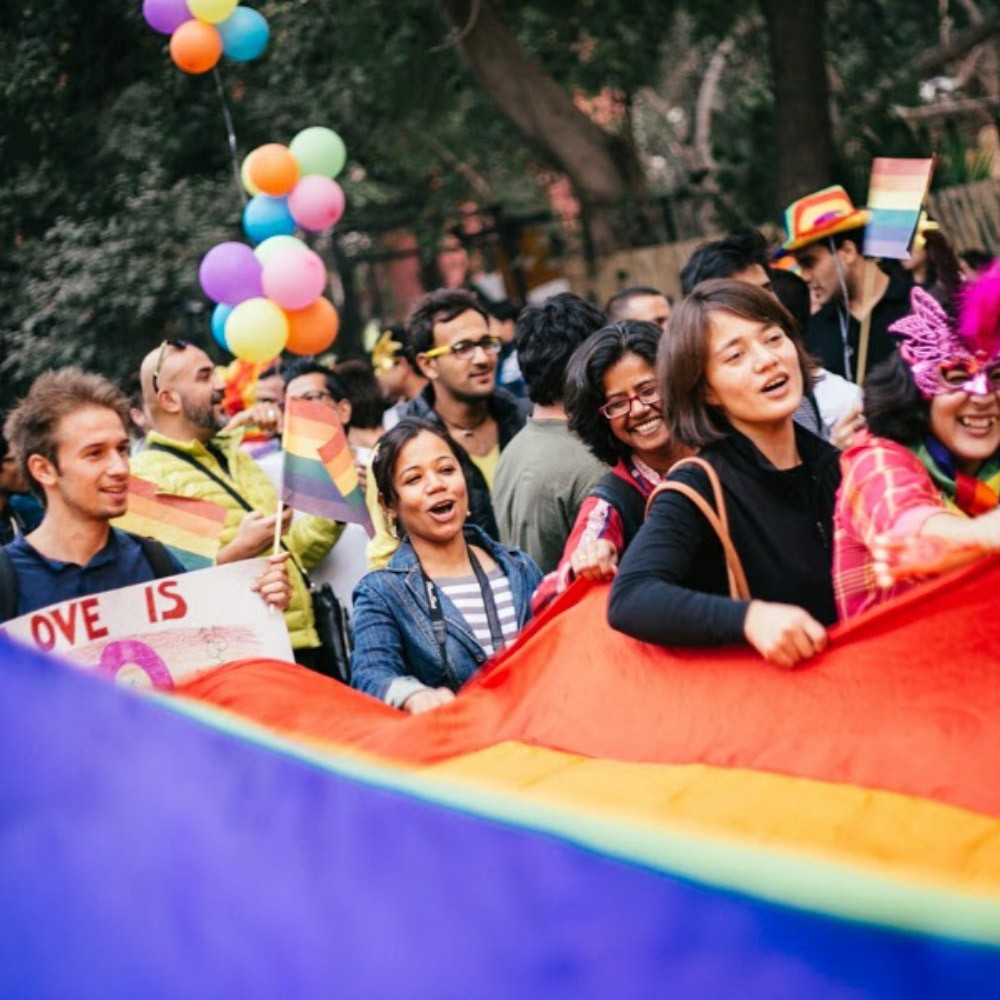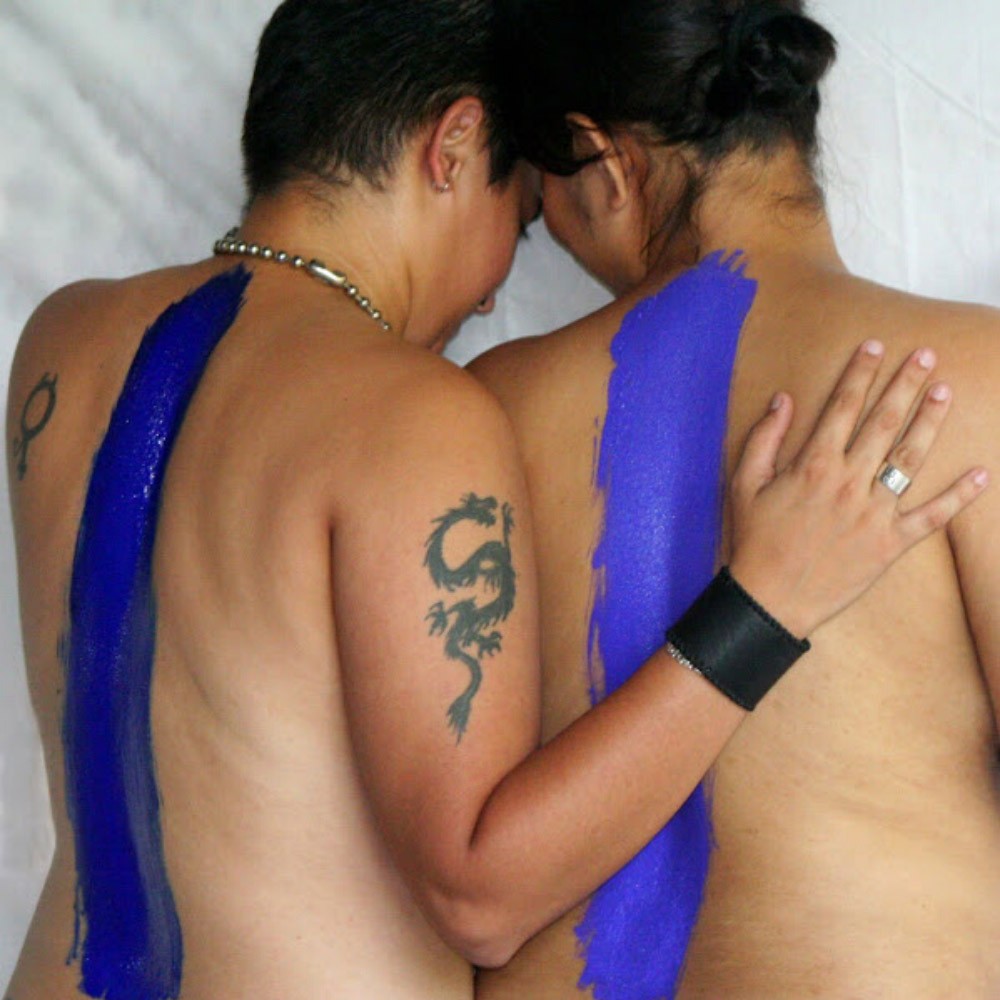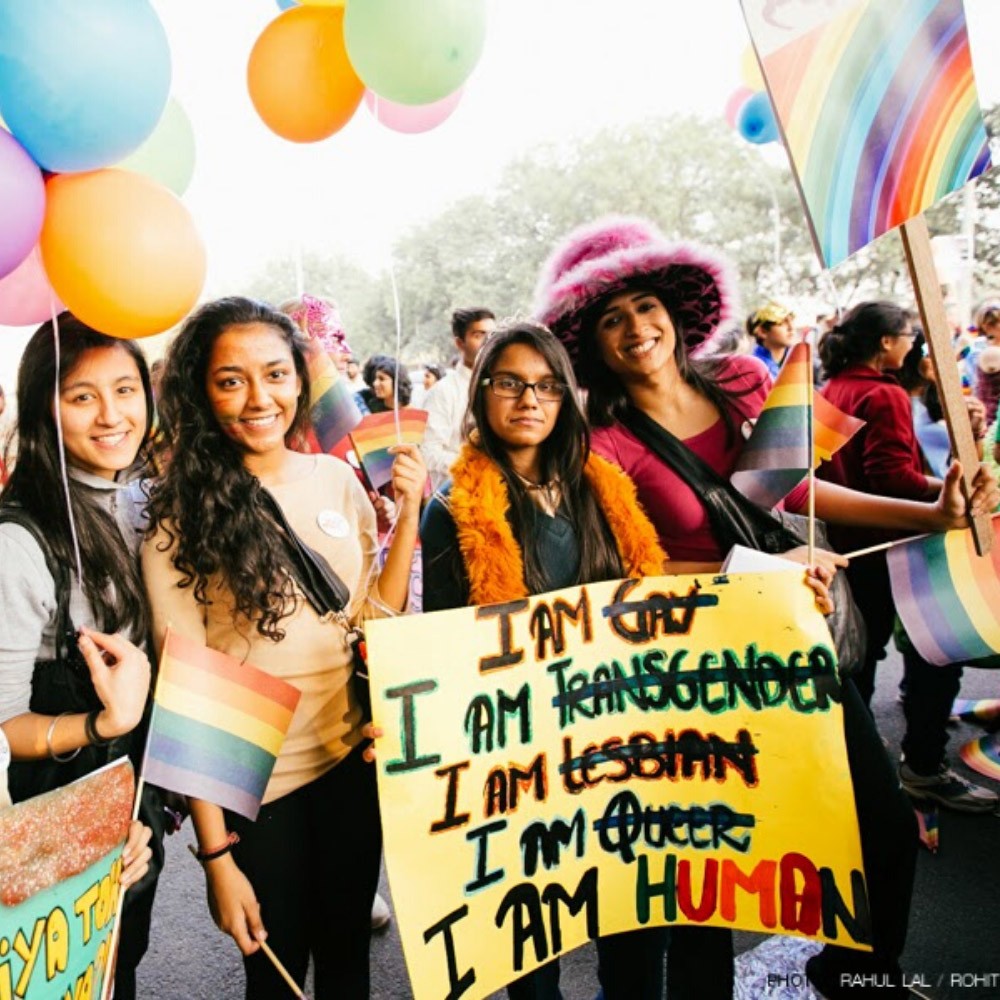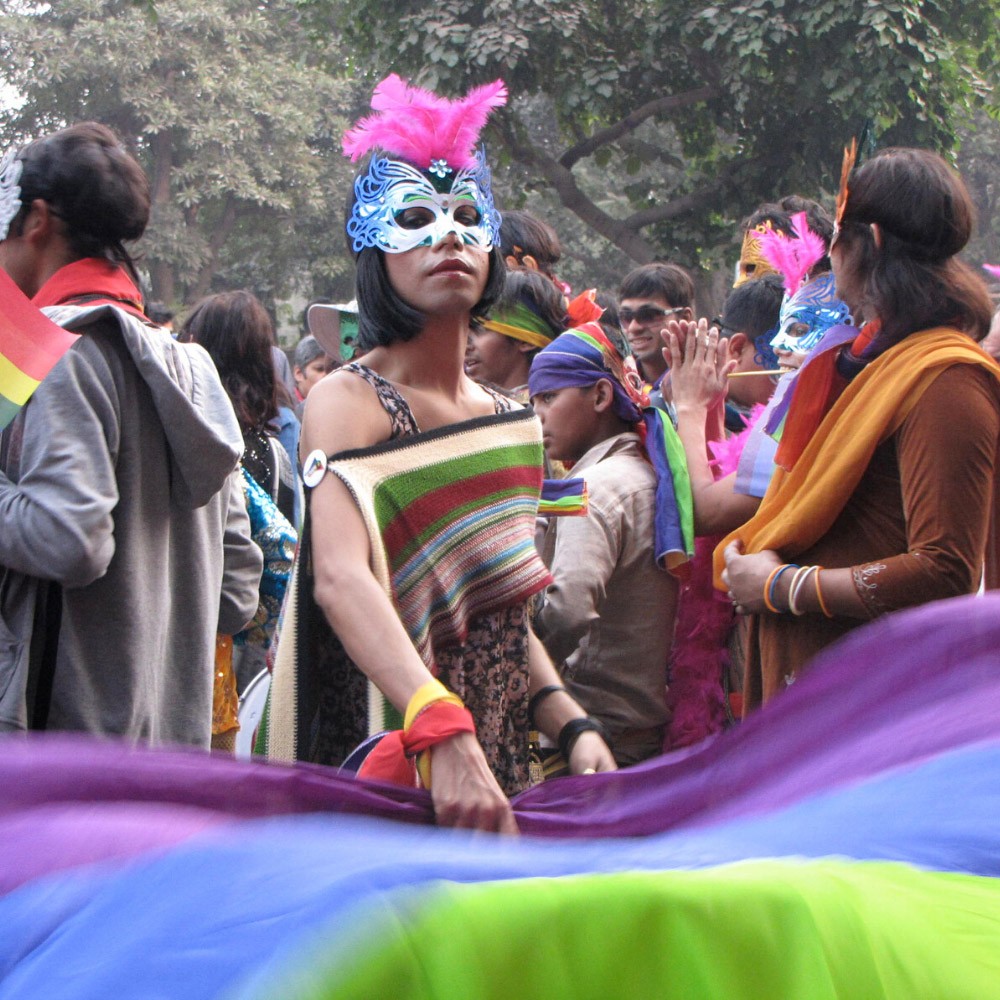Voices Against 377
“Indian Constitutional law does not permit the statutory criminal law to be held captive by the popular misconceptions of who the LGBTs are. It cannot be forgotten that discrimination is anti- thesis of equality and that it is the recognition of equality which will foster the dignity of every individual”
Naz Foundation & Ors. vs. Union of India | Delhi High Court, 2009
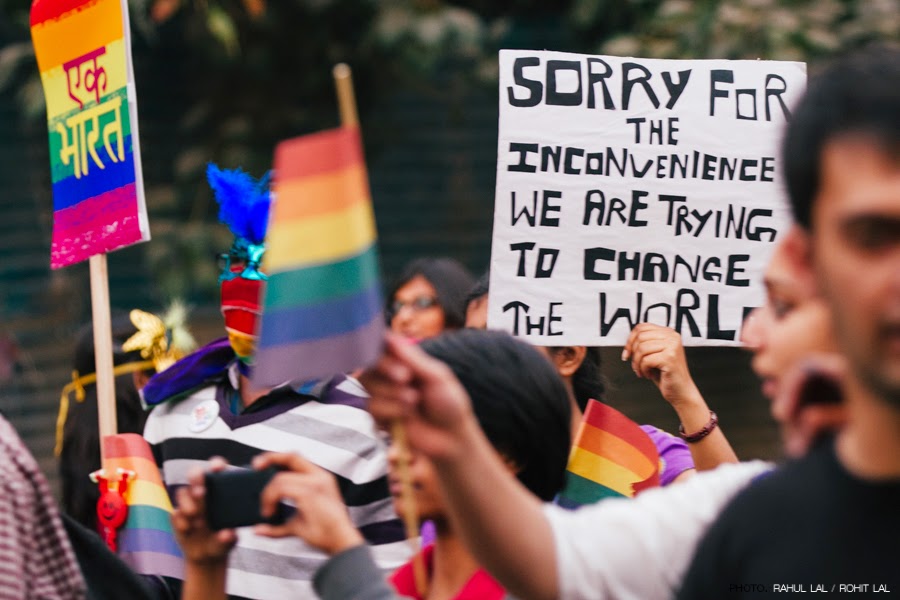
Section 377 of the Indian Penal Code criminalizing same sex relationship was introduced during the British rule of India and dates back to 1861. Not only did the Section infringe on rights of expression and attempt to exert state control over consensual adult relationships, it also became an instrument for police harassment and was used to intimidate HIV/AIDS outreach workers. In 2001, Naz Foundation filed a public interest litegation (PIL) in the Delhi High Court challenging the Section to the extent that it criminalized consensual adult same sex relationships. To strengthen the PIL and to highlight violations, a coalition of LGBT rights, child rights and women’s rights activists came together and intervened in the petition. The coalition, called Voices Against 377, was a group of 12 organizations (CREA, Tarshi, Sama, Prism, Haq, Breakthrough, Anjuman, Jagori, Nirantar, Nigah, Partners for Law in Development & Saheli) and five individuals (Pramada Menon, Sumit Baudh, Ponni Arasu, Lesley Esteves & Gautam Bhan).
Voices against 377 also launched large-scale education campaigns raising awareness among the general public, the media, the health professions and students on the issue. Activities included demonstrations, press conferences and a “Million Voices” campaign, which gathered tens of thousands of signatures opposed to Section 377.
In 2009, Section 377 was finally read down by the Delhi High Court. However, in 2013, in an appeal filed against the Delhi High Court judgment, the Supreme Court, reversed the judgment and re-criminalized adult same sex consensual relationships and the work of Voices Against 377 became even more critical to appeal the constitutionality of the decision.
However, after eighteen years of legal advocacy and social norm changing engagements with the media, other social movements, mental health professionals and the general public, India finally decriminalized homosexuality on 6 September 2018. Organizations across India working on queer rights, including CREA and Voices Against 377 played a very important role in the decriminalization struggle. It was a struggle that was fought inside and outside of the courts and the community led advocacy and activism in the fight for decriminalization is an inherent part of the journey.
Finally, on 6 September 2018, the Supreme Court of India’s judgment read [excerpted]:
”History owes an apology to the members of this community and their families, for the delay in providing redressal for the ignominy and ostracism that they have suffered through the centuries.”
“The Constitutional Court must protect the right to dignity of every individual without which every other right is meaningless.”
